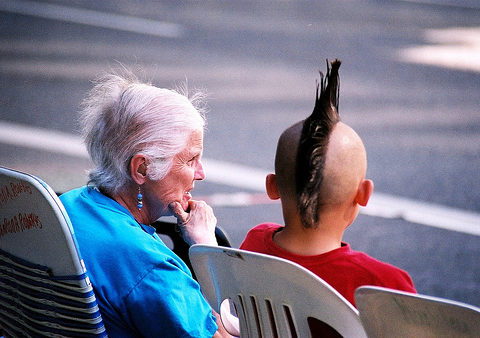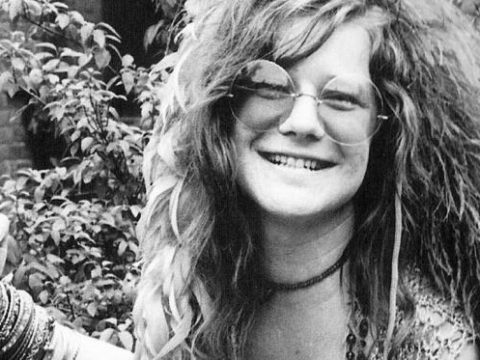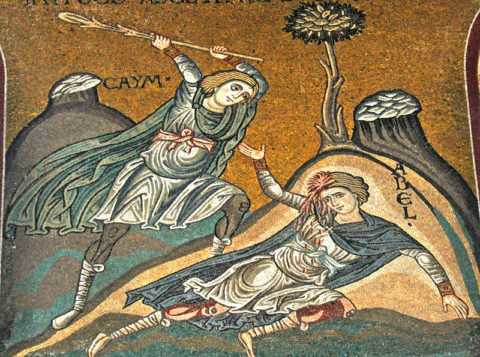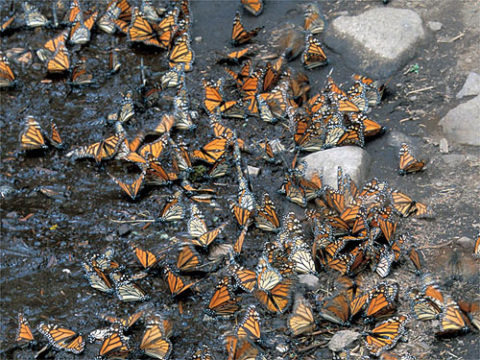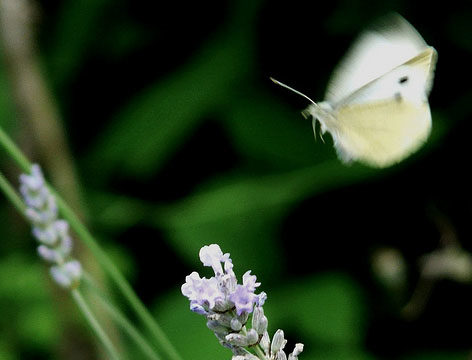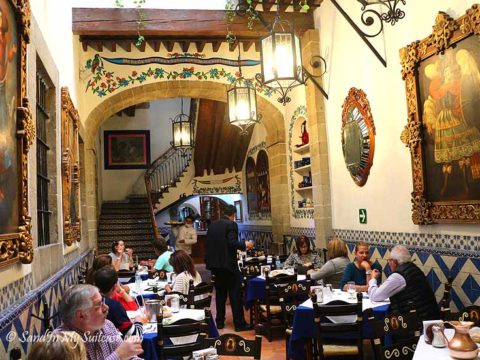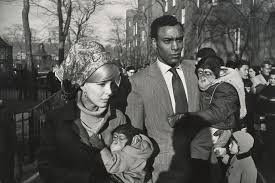Psychologists would say that we naturally identify with our parents, either modeling ourselves on them or establishing independent identities by choosing the opposite path. The perfect example of conscious rejection is the 1980’s TV series, Family Ties, starring Michael J. Fox as the hyper-conservative son who mocks the liberal values of his baby boomer […]
-
whither the “generation gap”?
// Elizabeth Marcus // All, Blog
Hippie gurus and tie-dyed bell-bottoms are history. The police are no longer pigs. Crunchy granola has lost its claim on virtue. Has the generation gap also gone the way of all things sixties? Having lived through the era, I assumed that every generation was doomed to be cut off from the next by dint […]
-
bellicose bambini
// dsaw_admin // All, Decoding Our Parents, Essays, Travel Lessons
The history of Italy is a gory tale of non-stop internecine fighting. If Disney had animated it, the tongue would be trying to devour the toe, the grommet to strangle the lace. To walk the otherwise charming old streets is to tread on centuries of dried blood, fratricidal blood. Other travelers may focus on […]
-
Why are smells so hard to recall?
// dsaw_admin // All, Blog
The sense of smell has a conflicting relationship to memory: the memories it evokes are the most intense and emotional, while scent itself is so elusive as to seem beyond memory. Proust may have been the first person to describe the phenomenon of scent/taste-induced memory, a memory so complete that it feels like the […]
-
wine cellars and mortality
// Elizabeth Marcus // All, Blog
One of the essential appeals of “laying down” wine is that you can buy it when it is young and relatively inexpensive, after which it can sit in your cellar aging and taking on value. Over the years, you can chortle at the high price a wine is fetching— in a wine store or […]
-
the bugs and us
// Elizabeth Marcus // All, Decoding Our Parents, Essays, Travel Lessons
My parents, like the Monarch butterflies, wintered in Central Mexico. Fleeing icy Manhattan to join their friends in Palm Beach or Palm Springs would have been too easy. Instead, after my father retired from dentistry at 80, they set up house in Ajijic, a small lake-side village outside Guadalajara with a big ex-pat community […]
-
‘butterfly’: a linguistic anomaly
// Elizabeth Marcus // All, Blog
How can we account for the world-wide variety in word ‘butterfly’? The most interesting essay on this linguistic mystery comes from William O. Beeman, of the Dept of Anthropolgy, Brown University, 2000: The Elusive Butterfly. He notes that since the 19th century, “one of the bedrock principles of linguistic analysis” has been that most words […]
-
Why the butter in ‘butterfly?
// Elizabeth Marcus // All, Blog
Whether it is their metamorphosis, their vibrant colors, their gentle fluttering, their beauty, something about butterflies touches our imaginations. They transcend our negative associations about insects and seem more fairies than bugs. Perhaps this accounts for the great variety of names for butterfly in different languages. The “monarch” was named by a 19th century […]
-
dark chocolate
// Elizabeth Marcus // All, Essays, Travel Lessons
Café Tacuba, a 100-year-old restaurant in downtown Mexico City and our first stop whenever my family visits the city, is as much national metaphor as a place to eat. The restaurant is a veritable shrine to mestizaje, the fusion of Indian and Iberian that produced the Mexican culture. As food writer Raymond Sokolov has pointed out, it is […]
-
why fear miscegenation?
// Elizabeth Marcus // All, Blog
The caste system of Mexico held that there was racial mobility in miscegenation. A mestizo line could move forward to become Spanish after three generations of interbreeding with pure Spaniards, whereas mixing with Africans moved one back toward the pure African. Gary Winogrand’s Central Park Zoo photograph from 1967 plays on a buried notion […]
